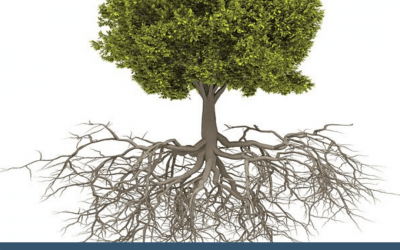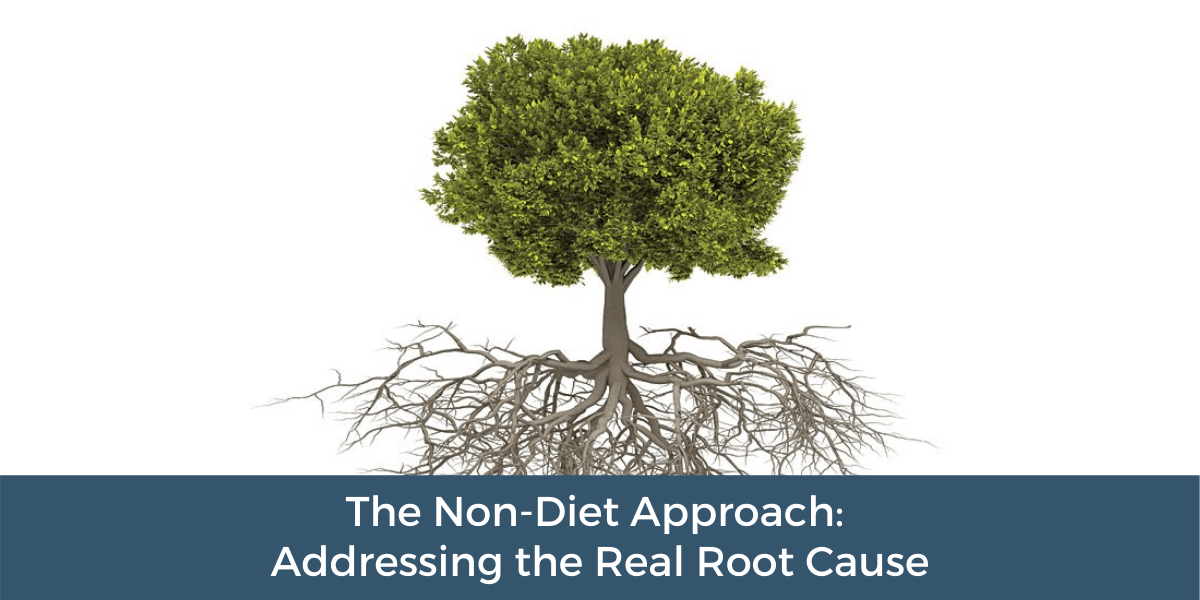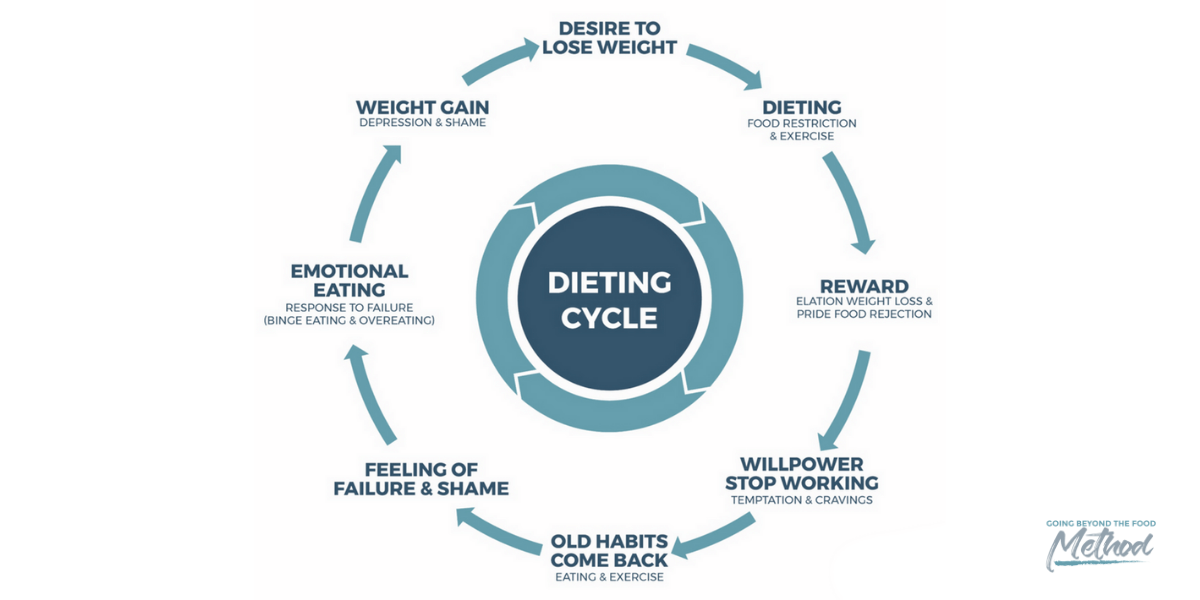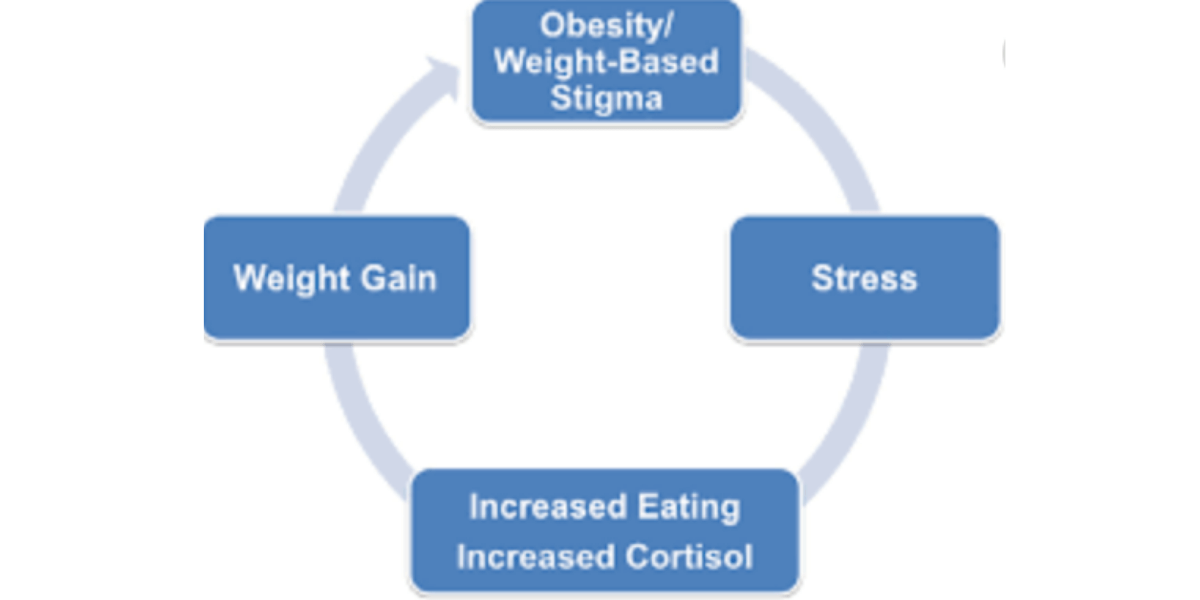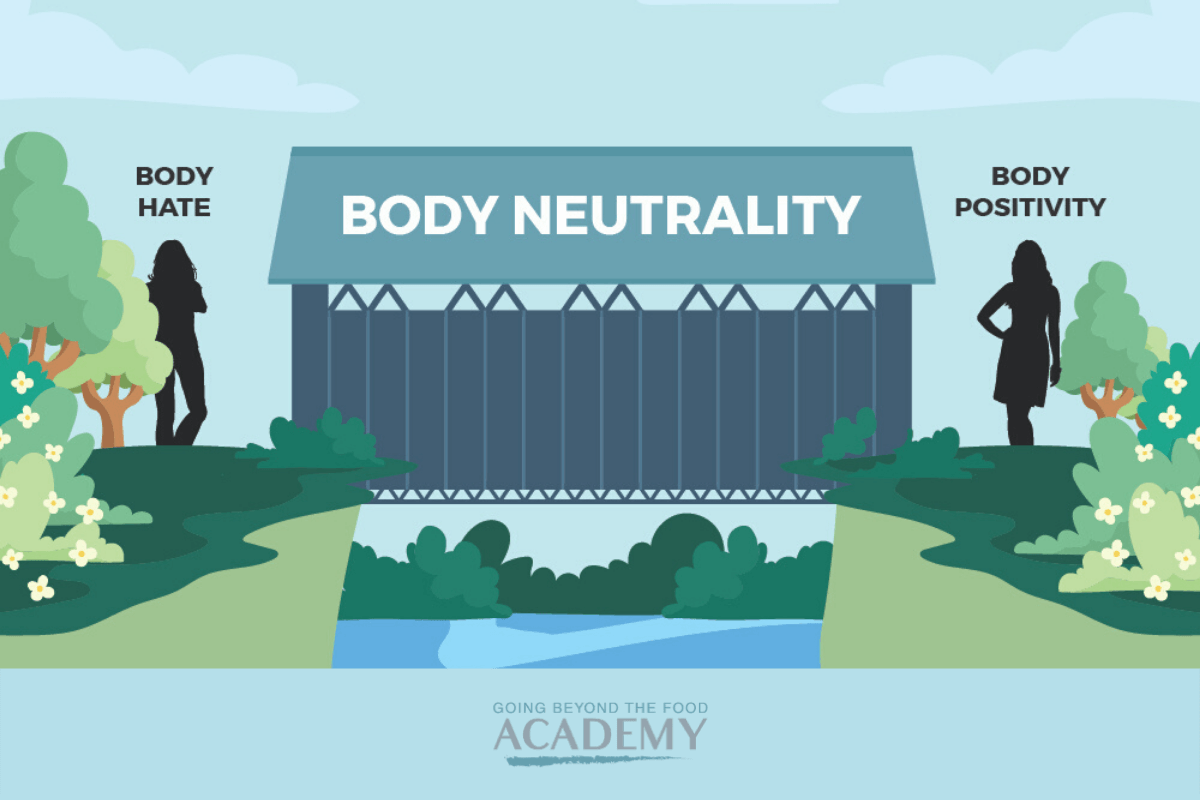This 3-part blog series is designed to help people make peace with setting personal development goals post-diet culture. This is part 2 of 3. Read Part 1 & Part 3 here.
_________________
Clean Vs Dirty Goals: The Key to Creating Achievable Goals Post-Diet Culture
For many women emerging from the diet culture mindset, goal-setting feels challenging, especially around the New Year when diet culture messaging resurfaces. Often, the struggle stems from years of setting “dirty goals”—those rooted in societal expectations rather than personal fulfillment. This post (part two of a three-part series) explores the difference between clean and dirty goals and guides you in setting achievable, non-diet culture goals.
Achievable Goals Post-Diet Culture: What Are Dirty Goals?
Dirty goals, which often emerge from diet culture, are goals tied to external validation or conditional happiness. These goals make our self-worth dependent on achieving a certain look, number, or outcome. Diet culture teaches us that achieving such goals will make us worthy, happy, or confident, but in reality, they create a continuous cycle of self-judgment. This approach often leaves us feeling like failures if we don’t meet these “perfect” standards, making goal-setting feel heavy rather than empowering.
Achievable Goals Post-Diet Culture: The Foundation of Clean Goals
Clean goals, on the other hand, are rooted in personal growth and internal motivation. Instead of focusing on an outcome that “fixes” something we believe is wrong with us, clean goals focus on the journey itself. They empower us to feel worthy and confident as we work toward them—not just if or when we achieve them. In other words, they are achievable goals post-diet culture.
Characteristics of Dirty Goals and How to Avoid Them
Dirty goals are subtle yet pervasive in the post-diet mindset. Recognizing their characteristics can help in shifting to clean goal-setting.
1. Abstract and Vague Goals
Dirty Goal: “I want to feel more confident.”
Clean Alternative: Create a specific and actionable goal, such as “I’ll practice speaking up once in meetings this month to build confidence.”
Dirty goals lack clear metrics, making progress hard to measure. Clean goals should be specific and measurable, helping you recognize small wins that build self-trust and encourage sustainable growth.
2. Conditional Happiness
Dirty Goal: “I’ll feel safe and confident when I reach a certain weight.”
Clean Alternative: Focus on feeling confident through affirmations, self-care routines, and body neutrality practices now, not later.
When we tie our happiness to reaching a goal, it keeps self-worth on hold. Clean goals help us feel confident and worthy in the present, ensuring self-acceptance becomes part of the journey.
3. All-or-Nothing Thinking
Dirty Goal: “Starting January, I’ll go to the gym every day.”
Clean Alternative: Set a realistic baseline, such as exercising once a week, and gradually increase as you build a sustainable habit.
Dirty goals often set high expectations, making it easy to quit after missing a single target. Clean goals, however, recognize progress over perfection, allowing flexibility and resilience as you work toward them.
4. Fantasizing About a ‘Perfect’ Outcome
Dirty Goal: “Losing weight will attract the right partner.”
Clean Alternative: Cultivate healthy relationships through self-acceptance and open-mindedness, rather than relying on a specific outcome.
When goals hinge on an idealized future, it’s easy to feel unfulfilled if that vision doesn’t materialize. Clean goals encourage progress and enjoyment in the now, creating fulfillment through self-acceptance rather than an imagined “perfect” life.
Setting Clean, Achievable Goals Post-Diet Culture
Once you understand the pitfalls of dirty goals, you can use these tips to create clean goals that align with your true desires and personal growth.
1. Focus on the Process, Not Just the Outcome
Diet culture often pushes goals that revolve around a fixed result. Clean goals are rooted in the process of growth. By valuing the journey over the destination, clean goals allow for flexibility and adaptability. Rather than “I must achieve this by March,” think “I’m excited to explore this new habit and see where it takes me.”
2. Celebrate Small Wins
Dirty goals frequently have us aiming high without celebrating our progress along the way. This can lead to burnout and discouragement. Clean goals embrace incremental progress. Take time to celebrate every small step—each is a sign of commitment to your journey. These small wins are valuable milestones that reinforce your dedication to a healthier relationship with yourself.
3. Trust the Journey
Clean goal-setting reminds us that achieving our dreams doesn’t require certainty. Trusting the journey means allowing ourselves to be open to all outcomes, viewing each as a learning experience. When setbacks happen, as they inevitably will, we don’t let them derail us. Instead, we understand that progress isn’t always linear and that resilience grows through every experience.
Dirty Goals in Disguise: Red Flags to Watch For
Even with the best intentions, dirty goals can sometimes sneak back in, especially during times of stress. Here are a few red flags to watch for:
– Seeking Validation from Others: If the excitement of sharing your goal with others overshadows the goal itself, it may be more about external approval than personal growth.
– Feeling Overwhelmed by the ‘Fantasy’ of the Goal: If the planning process for a goal gives you a dopamine rush but quickly leads to feeling overwhelmed, this is a sign the goal may be too complicated or unrealistic.
By identifying these patterns, you can realign your intentions with clean goal-setting principles, ensuring that your goals reflect your values and desires rather than societal expectations.
Achievable Goals Post-Diet Culture: Practical Steps to Set Clean Goals
If you’re ready to create clean, achievable goals post-diet culture, start by breaking down your goal-setting process into smaller steps:
1. Write Down Your Goal and Motivation: Be clear about why this goal matters to you. Make sure the reason is genuinely yours, not shaped by external influences.
2. Create a Realistic Action Plan: Choose one small, achievable step to take. For example, if you want to feel healthier, start with gentle movement or a morning stretch routine.
3. Check-In Regularly: Schedule time to review your progress and adjust if necessary. Goal-setting is an evolving process, not a one-time commitment.
4. Celebrate Effort, Not Just Results: Acknowledge your effort each step of the way, rather than waiting until the final milestone to reward yourself.
Moving Forward with Clean Goals
In a world saturated with diet culture messaging, shifting from dirty to clean goals is a powerful way to reclaim self-worth. When we set clean goals, we remove the pressure to be “fixed” or “improved.” Instead, we celebrate who we are right now while embracing the journey of personal growth.
As you explore these new approaches to goal-setting, remember that true fulfillment doesn’t require you to meet specific standards. By focusing on goals that honor your inherent worth, you’re choosing a path that nourishes both your body and your soul—free from diet culture’s influence.
Conclusion
Transitioning from diet-culture-driven goals to clean, achievable goals post-diet culture isn’t an overnight shift. But with awareness and a commitment to self-compassion, you’ll find that the goals you set for yourself can lead to sustainable, fulfilling progress. Whether you’re aiming to develop new habits, grow in confidence, or simply live with more intention, clean goals help you get there without sacrificing your well-being.
By reframing goals and moving away from diet culture’s influence, you’re not only creating a healthier mindset—you’re choosing a life that celebrates you, just as you are.
Ready to Set Clean Goals? We Can Help You!
You can access all of our services on our work with us page. We have a number of programs and service levels enabling us to serve most women:
Free Resources and Masterclasses: Get started and get to know us better!
Private coaching with Stephanie and her team Stephanie and her team of Certified Non-Diet Coaches are waiting to support you in a one-to-one setting with an individualized plan.
It’s Beyond The Food – Undiet Your Life program is for women to learn how to eat intuitively, become body neutral, and learn self-coaching at their own pace while being supported in a group setting by Stephanie and her team of Certified Non-Diet Coaches.
Non-Diet Coaching Certification for professionals ready to integrate the Going Beyond The Food Method™️ in their practice and for women wanting to become Certified Coach and build a business coaching other women beyond the food.
This post is part 2 of our 3-part series on making peace with goal setting in your post-diet culture journey. Access Part 1 & Part 3 here.













